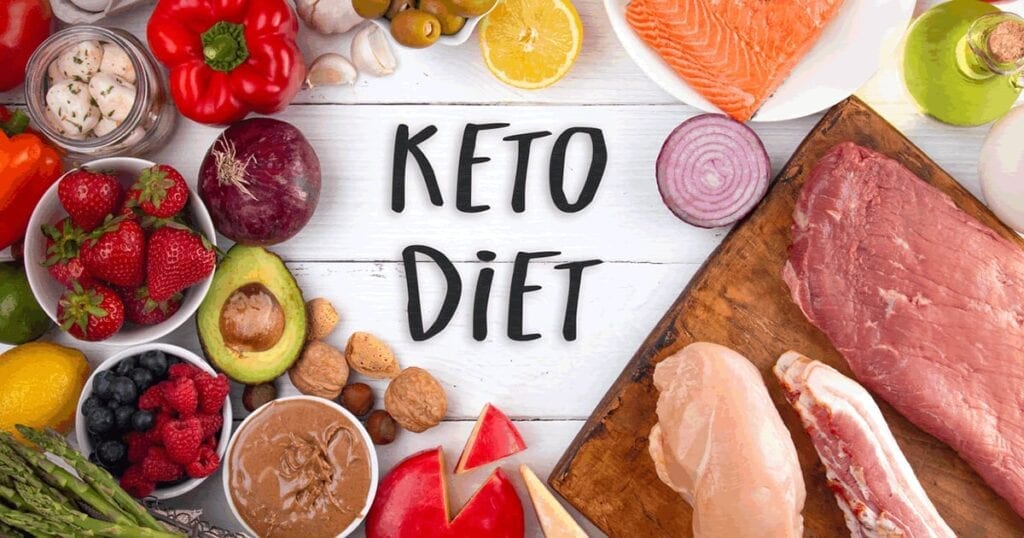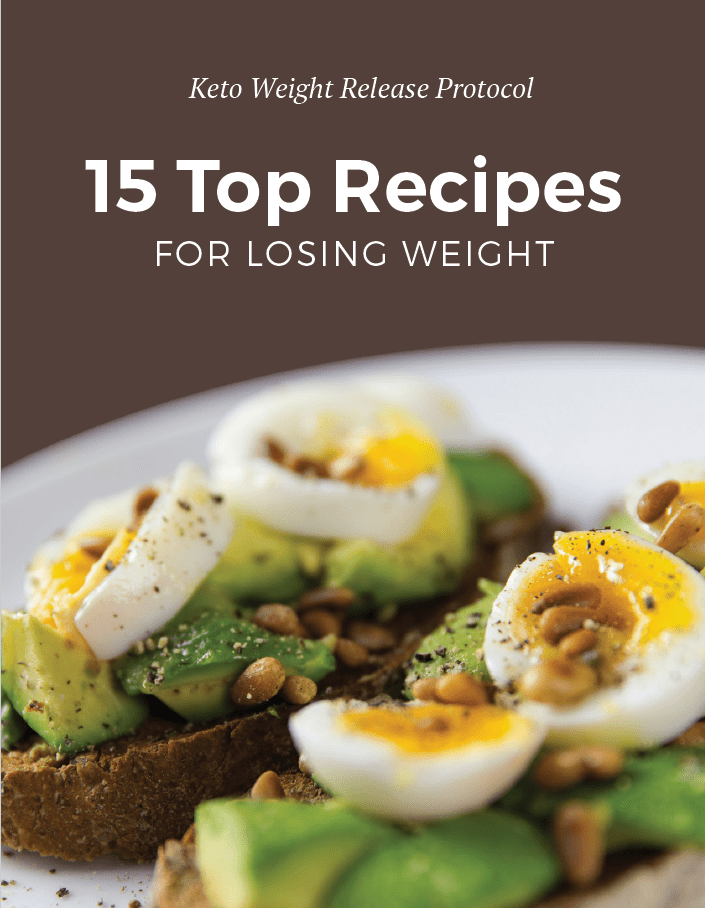Keto Diet What Can You Expect From It

Many people around the world suffer from chronic diseases such as diabetes and heart disease. A significant factor is the food we eat. Recent research
shows that altering your diet to focus on more good fats and small amounts of protein. Subsequently, this will stimulate your body to burn fat for energy and avoid spikes in blood sugar. This puts the body into Ketosis, also known as the Keto Diet.
Most diets have excessive amounts of protein and carbohydrates. For instance, food with refined, and added sugars, leading to excessive inflammation and early death. Foods high in good fats are grass-fed meat, fatty fish, butter, eggs, seeds, and healthy oils. Low glycemic carbs include some fruits and vegetables, sweet potatoes, legumes, barley, almond and soy milk, and brown rice, to name a few.
The typical Keto dietary intake breaks down as follows:
- 25% Protein
- 70% Fats
- 5% Carbohydrates
Doctors have discovered that the KETO diet has health benefits beyond losing weight.
Studies have shown that the KETO diet can help those trying to manage chronic conditions. For Example, type 2 diabetes and illnesses where spikes in glucose levels are a concern for children with autism spectrum disorder or seizures from epilepsy. Though it may seem counterintuitive, switching to a high-fat keto diet can help you lose weight fairly rapidly, too, as your body burns fat for fuel.
Since we all have different blood chemistry and health needs, be sure to talk to your Healthcare practitioner when starting a new diet.







Leave a comment